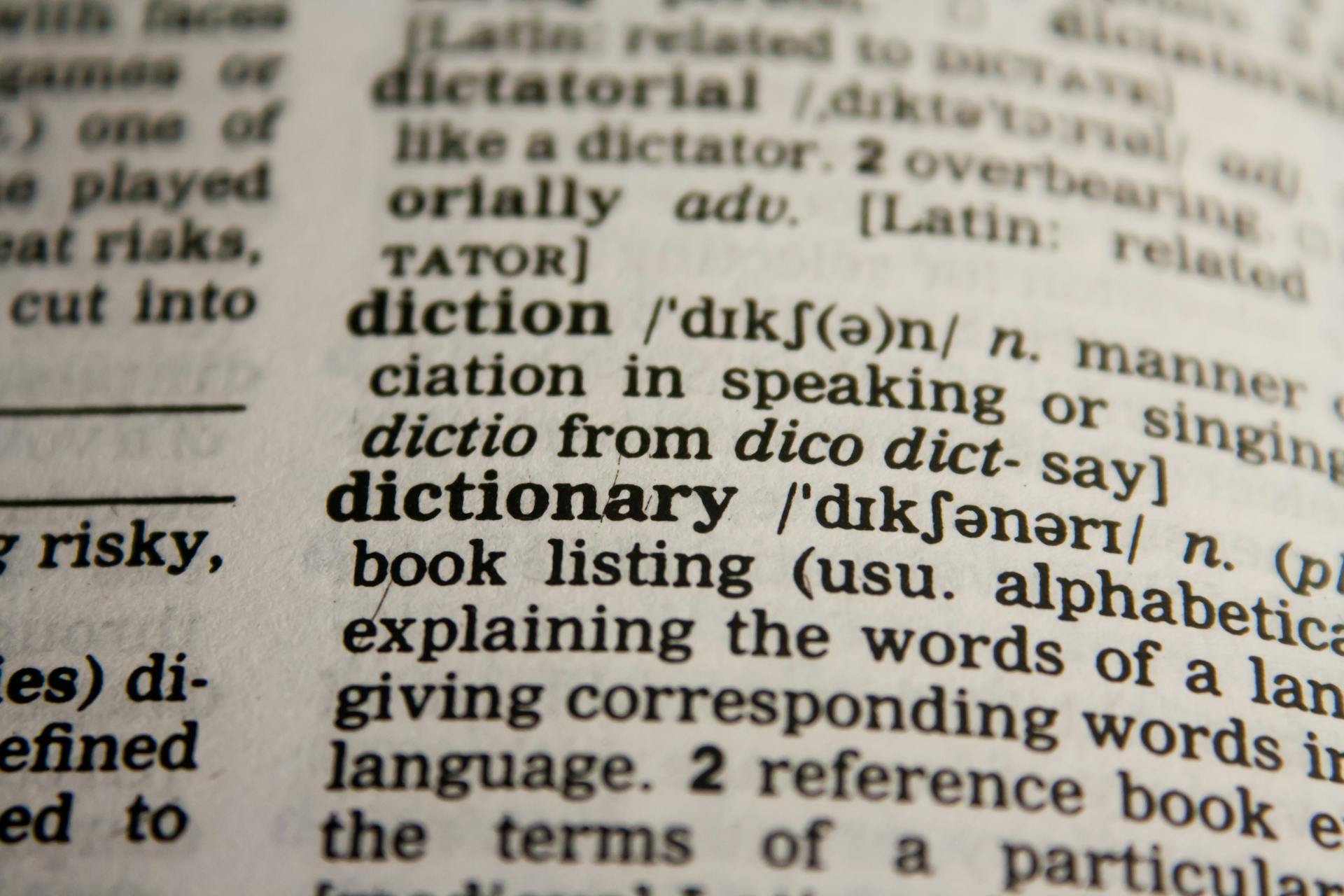
English language subject-verb agreement is one of the essential rules that every English learner should master. Whether you are a student, a professional working at a technology company, or someone who simply enjoys drinking coffee and reading a good book in their free time, knowing how to use verb forms correctly is crucial for making your English sentences grammatically correct.
Unfortunately, subject-verb agreement can be quite tricky for non-native speakers to grasp. Even native English speakers sometimes struggle with it! That's why we've created this blog post to help you understand the most important ways in which English verbs need to agree with their subjects. And as an added bonus, we've included a quiz with answers that you can take and share with others - it even comes in a portable PDF format for easy copy download!
Recommended read: English Speakers
How Can I Find the Subject and Verb in a Sentence?
If you are learning English, one of the most important things you need to know is subject-verb agreement. This means that the verb form agrees with the subject in number and person. But first, you need to find the subject and verb in a sentence.
The subject is usually a person, group, or thing that performs the action of the verb. For example, in the sentence "Tom threw the ball," Tom is the subject because he is performing the action of throwing. The verb is the action that is being performed, in this case "threw." So, to find the subject and verb in a sentence, ask yourself who or what is doing something (subject) and what are they doing (verb).
Sometimes it can be tricky to find the subject and verb if there are multiple clauses or phrases in a sentence. In these cases, look for the main action or event that is happening. For example, in "The bridge collapsed during the storm," "bridge collapsed" is the main event and "bridge" is the subject because it is what collapsed. Understanding how subject-verb agreement works will help you communicate effectively in English by ensuring your sentences are grammatically correct.
For more insights, see: English Verb Tenses
The Measure of Things: Understanding Quantity and Volume

Understanding quantity and volume is vital when it comes to English language subject-verb agreement. The correct form of the verb agreement depends on the true subject you're referring to, whether it is singular or plural. For example, if you're referring to an unnamed noun and the number refers to a specific number, use a singular verb.
When referring to percentages or numbers, always use a singular verb if the number referring to a unified quantity. For instance, if you say "300 civilians reside in the area," remember that 300 is a single quantity and requires a singular verb. Similarly, if you invited 10 people to your party, remember that 10 is still a singular number in this context.
The wire surrounds the principle that the subject and the verb must agree in terms of number. This rule applies even when dealing with large amounts of money such as "five thousand dollars." In this case, five thousand is considered a single unit or quantity and requires a singular verb. Understanding these basic rules of subject-verb agreement can improve your overall writing skills and help you avoid common grammatical errors.
Navigate Your Way Through: A Guide to What's Inside
Subject-verb agreement is an essential part of the English language. This grammar rule regulates the use of singular and plural verbs based on the subject. For example, a singular subject demands a singular verb, while plural subjects require plural verbs. However, it can get confusing when dealing with compound subjects or subjects separated by clauses or phrases.
When working with compound subjects, it's crucial to identify whether they are joined by "and" or "or." If they are connected by "and," use a plural verb. On the other hand, if they are linked by "or," use a singular verb. It's important to note that indefinite pronouns like everyone, somebody, and anyone take a singular verb even when paired with a plural noun.
In addition to identifying compound subjects and indefinite pronouns correctly, it's essential to understand how uncountable nouns affect subject-verb agreement. Uncountable nouns like water or advice do not have a plural form, so they always take a singular verb. Remember these rules when navigating your way through English language subject-verb agreement and improve your writing skills today!
Explore further: Conversational Level in a Language
Experience it firsthand!
Do you dread writing English papers or emails because of the subject-verb agreement headache? Don't worry; you are not alone. Many students and professionals struggle with this grammar rule, but practicing the correct usage of subject-verb agreement is crucial in communicating effectively.
Here's where we come in to help. On Monday evening, we are launching an interactive subject-verb agreement quiz on our blog post that you can take to practice. It's a fun way to test your knowledge and identify where you need improvement. And the best part? You can do it at your own pace from anywhere, as our quiz is portable in PDF format, so copy download it for future reference.
The success of any writing project depends on having a strong grasp of grammar rules such as subject-verb agreement. Don't let simple mistakes undermine your credibility and professionalism. Start practicing today and experience it firsthand how mastering this grammar concept can elevate your writing skills to the next level.
A different take: Writing Letters in English
1. Enter your e-mail address to get your free PDF!
Are you tired of getting subject-verb agreement wrong in English? Do you struggle with knowing when to use "is" or "are" in a sentence? If so, then this free PDF on English language subject-verb agreement is perfect for you!
Just enter your email address and receive the PDF straight to your inbox. Don't worry, we hate spam as much as you do and promise to keep your email address safe. With this easy-to-read guide, you'll be able to confidently navigate subject-verb agreement in no time. Don't miss out on this free resource – enter your email now!
Discover the Intensity of Post-Verbal Subjects
Sentence begins with a subject followed by a verb, and the correct verb form must always match the subject. However, what happens when the sentence begins with an auxiliary verb or a prepositional phrase? This is where post-verbal subjects come into play. Identifying the true subject in such sentences can be tricky but crucial for using the correct verb form.
It's important to note that identifying the true subject in long sentences can be challenging. The true subject may not appear until later in the sentence, after several modifying phrases or clauses. In such cases, it's essential to pay attention to any words that indicate who or what is performing an action in the sentence.
Post-verbal subjects can add intensity to your writing by allowing you to emphasize certain aspects of a sentence. They can also change the meaning of a sentence entirely depending on where they are placed. Therefore, mastering their use will improve your ability to express yourself accurately and effectively in writing. By identifying the true subject in post-verbal sentences, you can ensure that you're using the correct verb form and conveying precisely what you mean.
Expand your knowledge: English Descriptive Writing
Frequently Asked Questions
What is the general rule on subject rule agreement?
The general rule on subject-verb agreement is that the singular subject takes a singular verb, and plural subjects take plural verbs. This helps to ensure that sentences are grammatically correct and easy to understand.
What is a subject-verb-agreement mistake (SVA)?
A subject-verb-agreement mistake (SVA) occurs when the subject and verb in a sentence do not match in number. For example, using a singular verb with a plural subject or vice versa. This can cause confusion and make the sentence grammatically incorrect.
What are common subject verb misuse examples?
Subject-verb misuse occurs when the subject and verb in a sentence do not agree in number or person. Examples include using a singular verb with a plural subject or vice versa, or using an incorrect tense.
What is a subject verb agreement quiz?
A subject-verb agreement quiz is a test that assesses one's ability to match subjects and verbs correctly in sentences. It is commonly used by educators to evaluate students' grammar skills and identify areas that need improvement.
What is subject verb agreement and their function?
Subject-verb agreement is the grammatical rule where the subject and verb in a sentence should agree in number, meaning that if the subject is singular, then the verb should also be singular. Its function is to ensure clarity and coherence in writing or speech.
Featured Images: pexels.com


